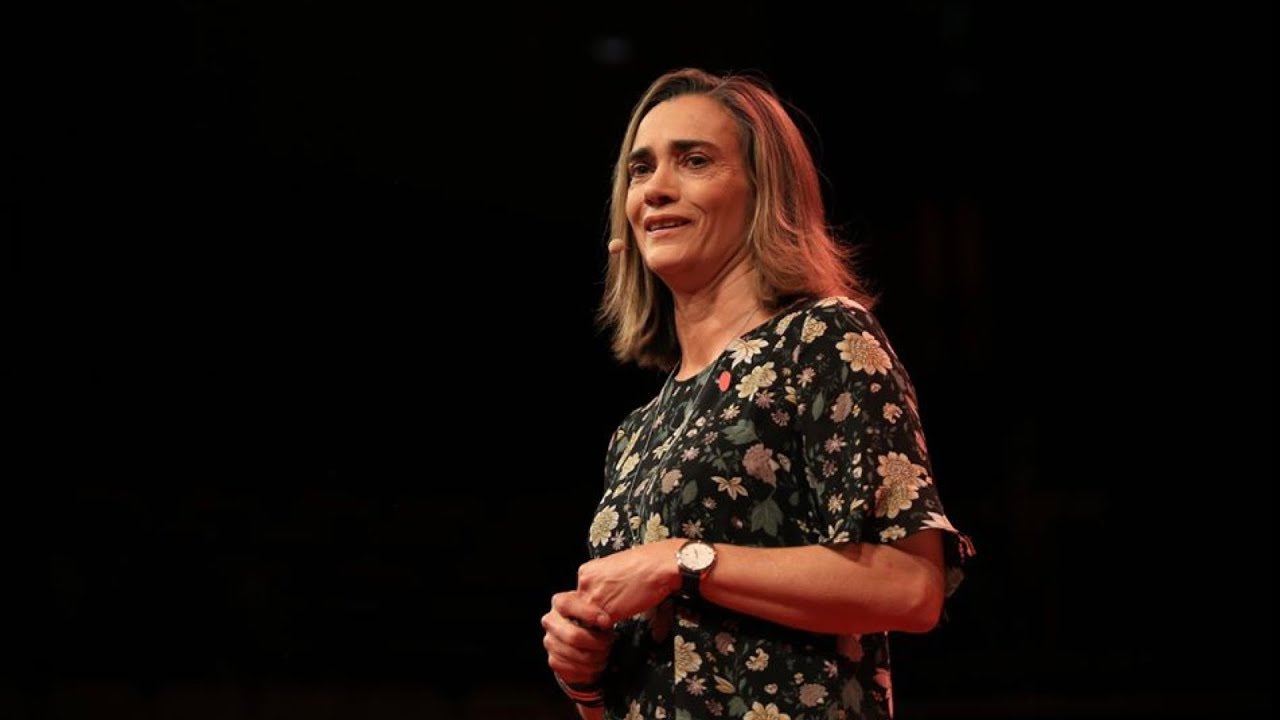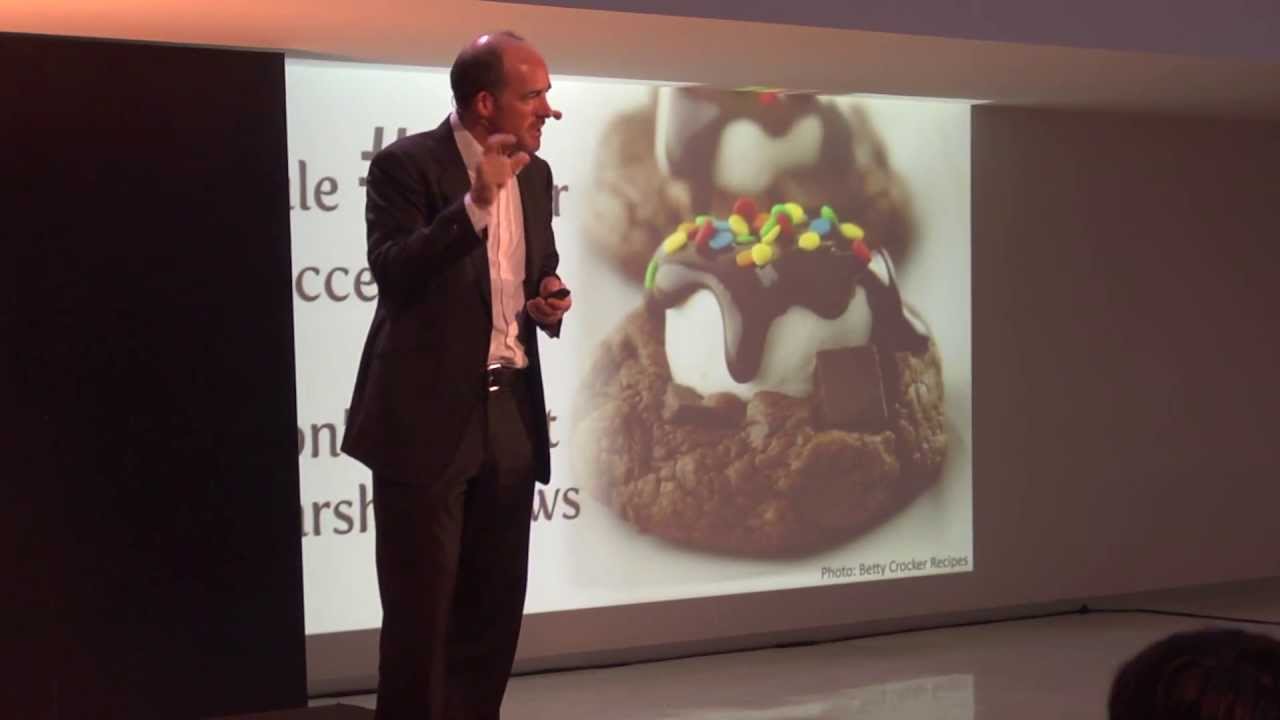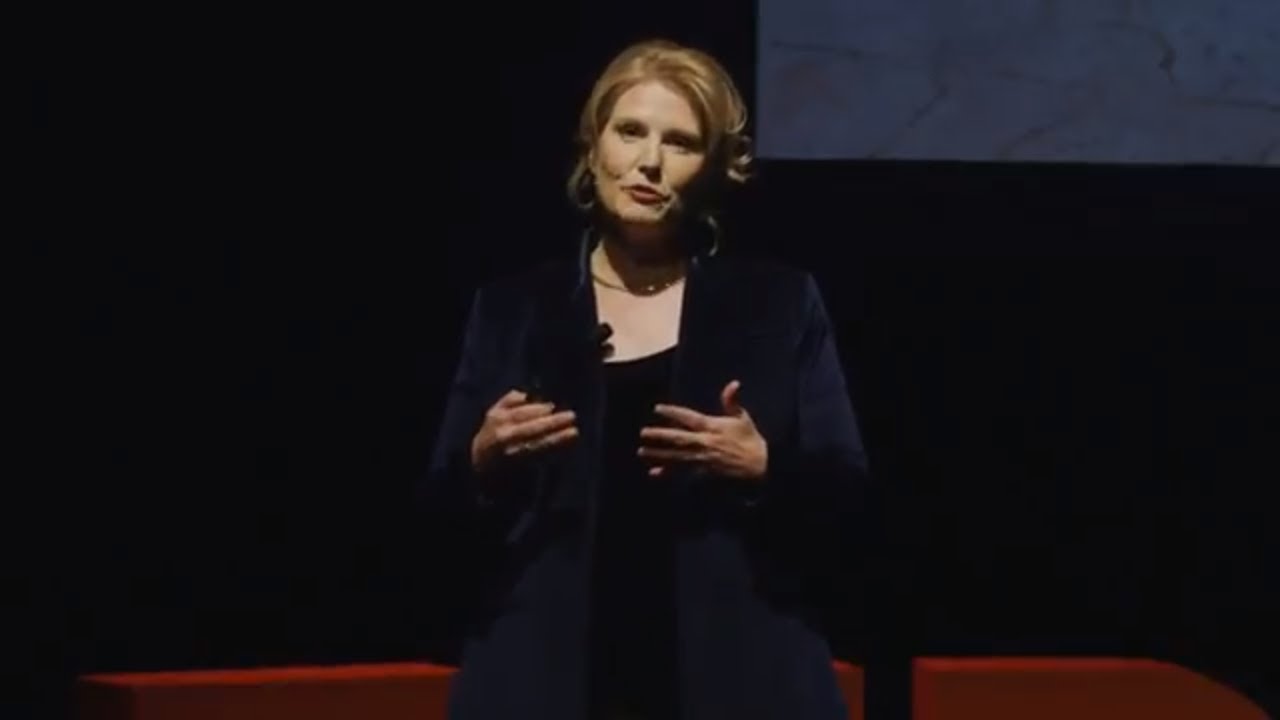Building Your Network by Connect Collaborative

Lucy Hone, a resilience researcher, speaks about her personal experience with grief after the sudden loss of her 12-year-old daughter, Abby. Despite her tragic...

Conor Neill discusses both the decision-making process of Warren Buffett and the unnerving accuracy of “the marshmallow test”, an experiment given to toddlers that...

In this talk, Amy Wilkinson emphasizes the importance of thinking like an entrepreneur to thrive amidst constant global changes. She highlights successful entrepreneurs like...